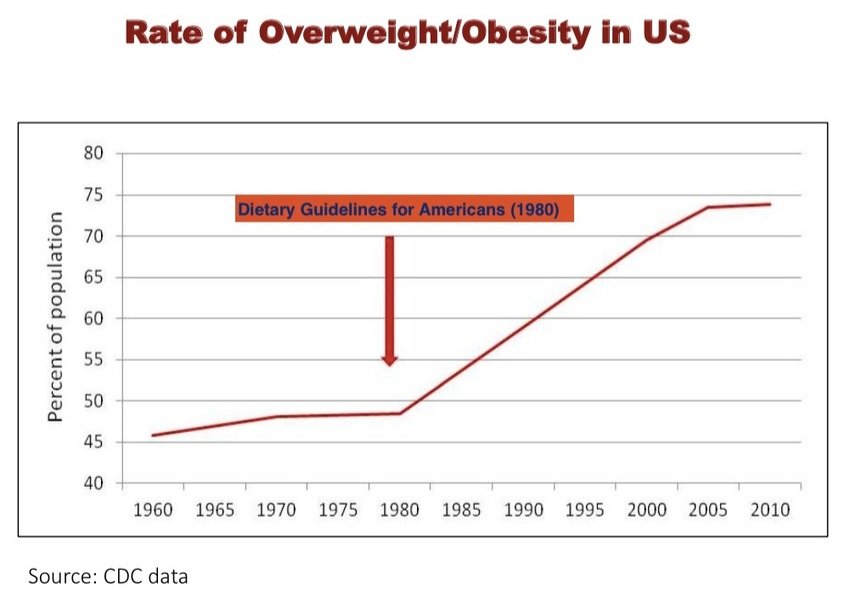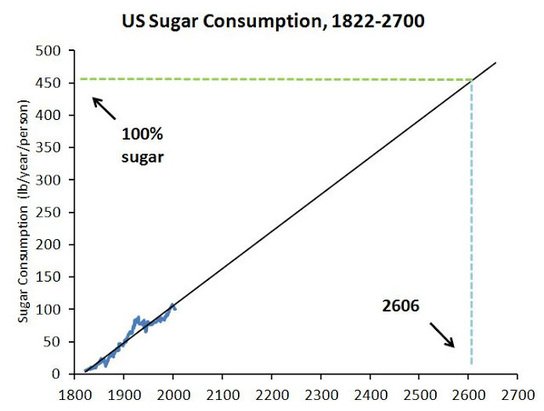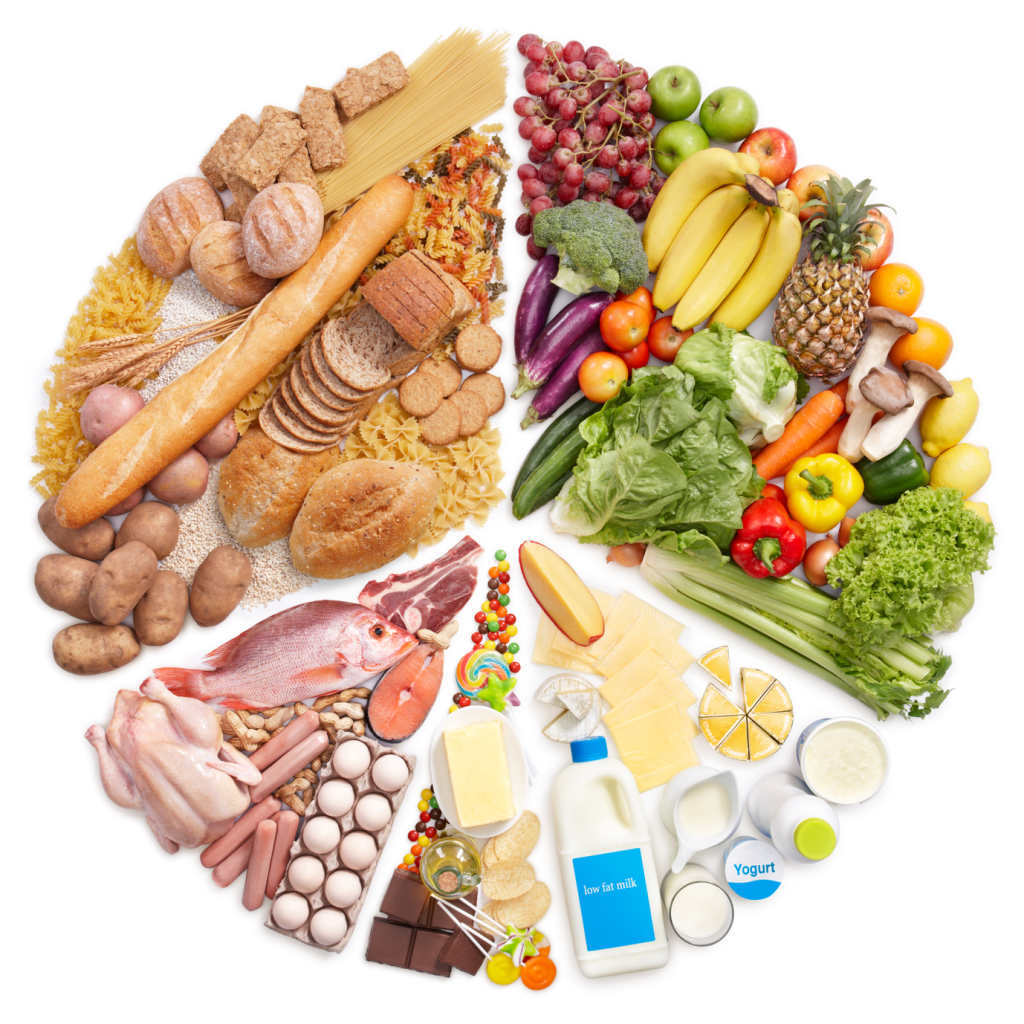EVMS Medical Group

Diabetes makes a pregnancy high risk. This is because diabetes can cause many potentially negative effects on the baby as well as the mother. Blood sugar is the baby’s food source and it passes from the mother through the placenta to the baby. When a woman has diabetes and her blood sugars are poorly controlled (too high), excess amounts of sugar are transported to the baby. Since the baby does not have diabetes, he/she is able to increase the production of insulin substantially in order to use this extra sugar. DietSensor tells you how to prevent gestational diabetes.
Diabetes Diet : DietSensor Helps You In Creating A Healthy-Eating Plan To Keep Your Blood Sugar Under Control

A diabetes diet — medically known as medical nutrition therapy (MNT) for diabetes — simply translates into eating a variety of nutritious foods in moderate amounts and sticking to regular mealtimes. At DietSensor, we aims to make life with diabetes easier! And from now on, say goodbye to manual logging.
Nutrition Coalition suggests dietary guidelines made Americans fat

Members of the Nutrition Coalition said Americans followed the government dietary guidelines at the same time obesity burgeoned. One graph supplied by the Nutrition Coalition’s members showed when the government’s dietary recommendations became official in the late 1970s, the obesity epidemic of the American people began and accelerated. Other data showed the public has followed the dietary guidelines, despite claims to the contrary. This means Americans have cut their consumption of saturated fats and increased their consumption of carbohydrates.Last, the Nutrition Coalition charged that, despite all the evidence against it, the official narrative has not changed since it began. The dietary committee today names three “dietary patterns,” yet all are essentially the same — low-fat, high-carbohydrate diets.
Whole Health Source: By 2606, the US Diet will be 100 Percent Sugar

The US diet has changed dramatically in the last 200 years. Many of these changes stem from a single factor: the industrialization and commercialization of the American food system. We’ve outsourced most of our food preparation, placing it into the hands of professionals whose interests aren’t always well aligned with ours.
The World Is Getting Fatter and No One Knows How to Stop It

Humanity is putting on weight. Across the globe, in wealthy countries and developing nations, among children and adults, an increasing number of people are overweight or obese. Today, nearly 40 percent of the world’s adults fall into one of those categories, according to new estimates by a global network of researchers called the NCD Risk Factor Collaboration.
7 Surprising Signs You’re Not Getting Enough Protein

Protein is essential for living organisms. It gives us energy, helps our bodies recover, and keeps our tummies satisfied. Protein is composed of long-chain amino acids, which are the building blocks of muscle. Your body produces 11 amino acids and the others—the 9 so-called essentials amino acid — you must consume from food. How would you know if you’re protein deficient ? In fact, hair and nails are mostly made of protein. Your body uses it to build and repair tissue and protein is an important building block of bones, muscles, cartilage, skin, and blood. Even for people who is willing to lose weight, it has been shown in studies that adequate protein is needed for weight loss to balance blood sugars and prevent muscle breakdown.
14 Simple Ways to Stick to a Healthy Diet

Eating healthy can help you lose weight and have more energy. It can also improve your mood and reduce your risk of disease. Yet despite all these benefits, maintaining a healthy diet and lifestyle can be difficult. Eating a nutritious diet has many benefits, including potential weight loss.
The best way to a healthy diet? Eat 3 balanced meals, don’t cut any food group

Adding ‘exercise’ labels on packaging won’t solve the obesity problem. Instead, stick to a simple message: eat three balanced meals a day
1 in 5 people will be obese by 2025, study says

The obesity epidemic has gone global, and it may be worse than most thought. “Let food be thy medicine” Hippocrates, the Father of Medicine, said. This suggests that one should be mindful with whatever he consumes because food can also cause several diseases. For instance, too much sugar and fat can cause diabetes and overeating can cause one to be overweight or obese.
Why reduced-fat foods are making you fat

A whopping 65 percent of people want to reduce the amount of fat in their diets, according to a recent Nielson survey, despite overwhelming research that shows low-fat diets may actually promote weight gain. So how has this monster of myth lived for so long? Because people still think fat makes them fat, says Donald K. Layman, Ph.D., professor emeritus of food science and human nutrition at the University of Illinois. And because the government’s new Dietary Guidelines for Americans still tell them to cut down on fat intake, particularly saturated fat. Read more here: au.lifestyle.yahoo.com



